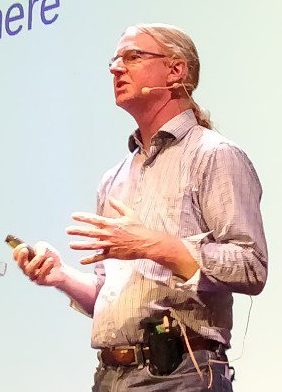
by Anisse ASTIER | Sep 27, 2019 | Live Blog
Formal modeling made easy — Daniel Bristot de Oliveira Linux is becoming more and more critical, and yet is a quite complex system. We need more ways to show that the properties of the system are correct. Daniel asks how do we check that our reasoning is right with...
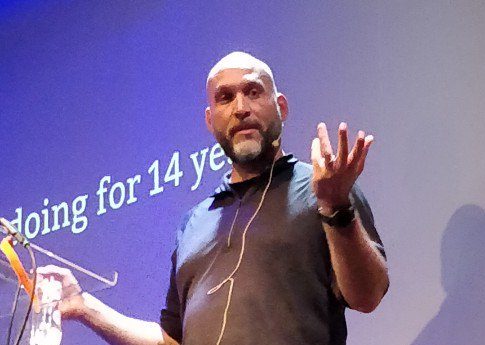
by Anisse ASTIER | Sep 27, 2019 | Live Blog
This is the last day of our liveblog coverage of Kernel Recipes. Enjoy ! Suricata and XDP — Eric Leblond Eric has been working with networking for quite a long time, but it didn’t help with his imposter syndrome, he says. Suricata is an IDS/IPS: it analyzes...
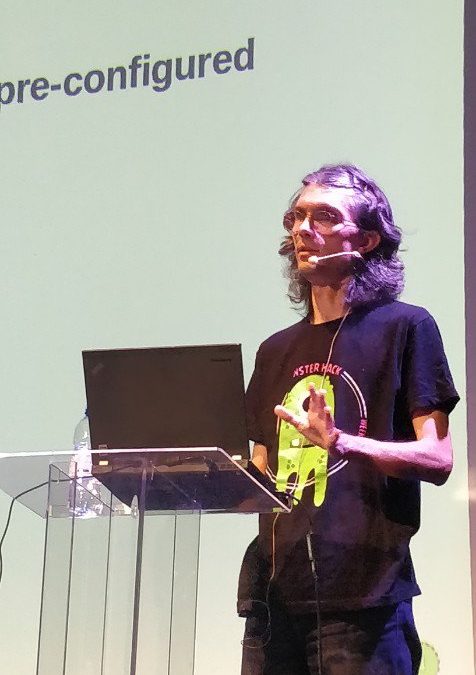
by Anisse ASTIER | Sep 26, 2019 | Live Blog
Marvels of memory auto-configuration (SPD) — Jean Delvare Serial Presence Detect is a standard used to configure memory. In the beginning, memory was soldered on the boards directly. The first DRAM module was a 30-pin SIMM from 286 to 486. Everything was hardcoded...
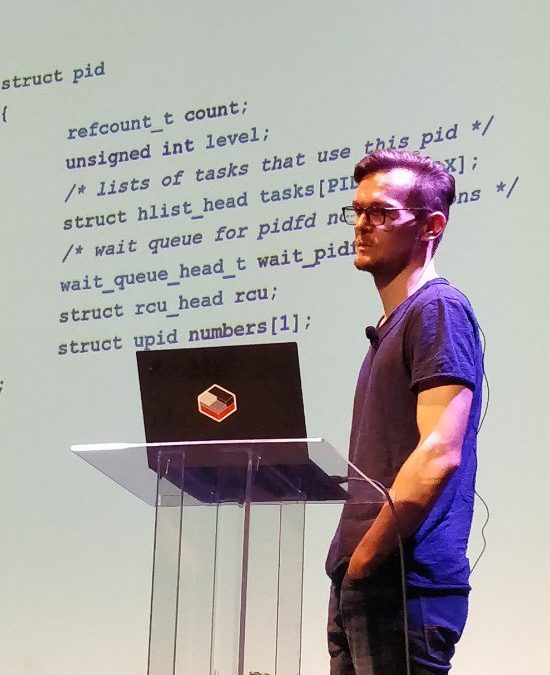
by Anisse ASTIER | Sep 26, 2019 | Live Blog
pidfds: Process file descriptors on Linux — Christian Brauner A pidfd is a file descriptor referring to a process. It is a stable, private handle that guarantees a reference to the same process (unilike PIDs). Inside the kernel, pidfds use a pre-existing stable...
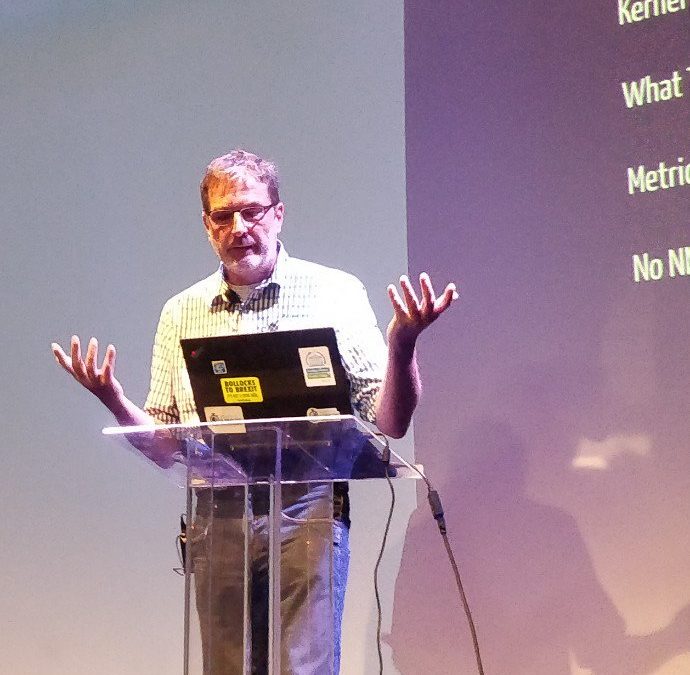
by Anisse ASTIER | Sep 25, 2019 | Live Blog
You can read the morning talks report here. Kernel hacking behind closed doors — Thomas Gleixner In the kernel, the security bugs are handled by the security team, which decides whom to bring to address specific issues, which would then be fixed and shipped within...
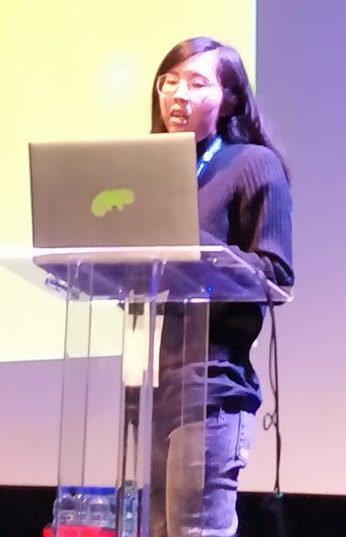
by Anisse ASTIER | Sep 25, 2019 | Live Blog
Welcome to the Kernel Recipes Liveblog ! This is the 8th edition of kernel-recipes, and the second year with an official liveblog. ftrace: Where modifying a running kernel all started — Steven Rostedt ftrace is a tracer built into the kernel. It has multiple tracers,...







